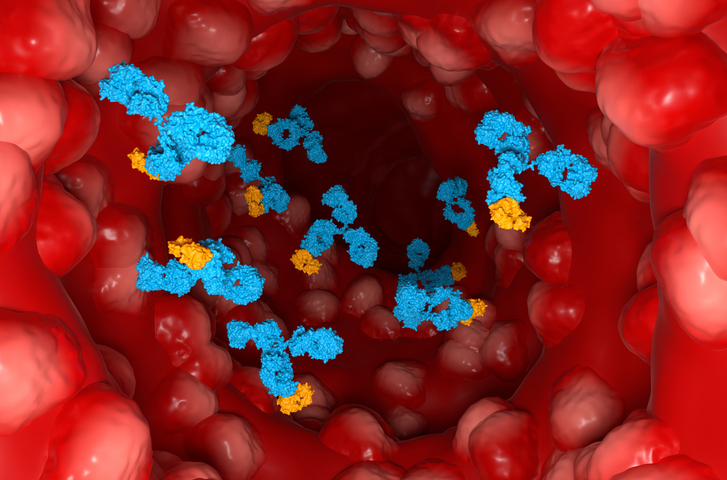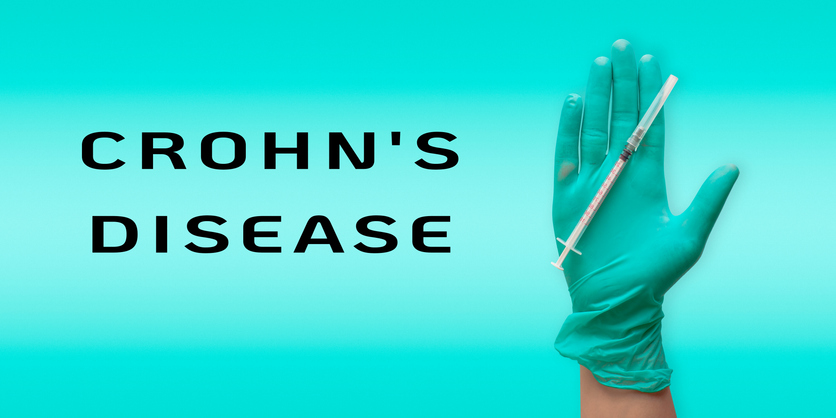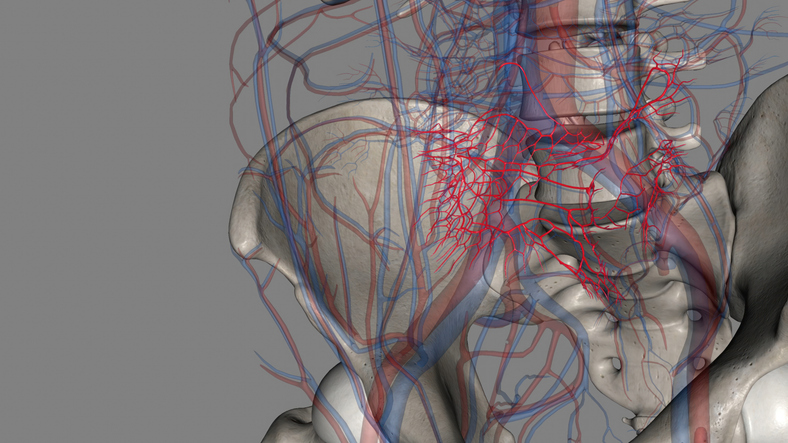Switching from the originator infliximab (IFX-O) to its biosimilar (IXF-B) is acceptable in patients with inflammatory bowel disease (IBD), according to a study published in Therapeutic Advances in Gastroenterology.
Economic studies have shown that IFX-O biosimilars (IFX-Bs) lead to precipitable cost decreases for IBD-related health, as biosimilars may mitigate costs by as much as 75% less than its original product. Despite its financial benefits, many physicians who treat patients with IBD oppose extrapolated research on biosimilars from other indications, because, according to the position statement of the European Crohn’s and Colitis Organization (ECCO), “a biosimilar proven effective and safe for one indication may not necessarily be effective and safe for a second indication in which the reference biologic was safe and effective.”
In assessing clinical trials that examined the efficacy and immunogenicity of biosimilars compared to their originators, researchers canvassed the PubMed database for original articles published up to December 1, 2018 that reported on IXF-B in IBD using the key words: infliximab, biosimilar, and inflammatory bowel disease. They found 29 studies that assessed switching from IFX to the biosimilar CT-P13, and 14 studies that evaluated induction therapy with IFX-B, CT-P13.
One of the largest studies they found on switching from IFX-O to IFX-B was the PROSIT-BIO study, which along with its prolonged follow-up (the PROSIT cohort) matriculated 810 patients with IBD, of which 459 patients were naïve to anti-TNF-α therapy, 196 had previously used biologics and 155 were switched from Inflectra or Remsima to CT-P13 following an average of 17 infusions of IFX-O. Following one year, the biosimilar efficacy rate was 71% for the naïve cohort, 64% for the pre-exposed and 82% for the switched groups.
Another study, a randomized, non-inferiority, double-blind, phase IV trial which included 52 weeks of follow-up (the NOR-SWITCH), was comprised of 482 patients who were randomized (1:1) to either continue using IFX-O or alternate to CT-P13 treatment, with unchanged dosing regimen. This study suggested that adverse events occurred at a similar rate between both groups and were, in fact, slightly lower in the biosimilar group (for serious adverse events, 10% for IFX-O juxtaposed to 9% for CT-P13 and 70% for IFX-O versus 68% for CT-P13, respectively, for overall adverse events).
The authors detailed a few more studies that all indicated similar results – that there are insignificant differences in efficacy between IFX-O and it’s biosimilar.
In their conclusion, the authors noted although switching from an originator to a biosimilar is generally safe in IBD patients, “with regards (to) reverse switching, multiple switching, and cross-switching, scientific and clinical data are still lacking.”







 © 2025 Mashup Media, LLC, a Formedics Property. All Rights Reserved.
© 2025 Mashup Media, LLC, a Formedics Property. All Rights Reserved.